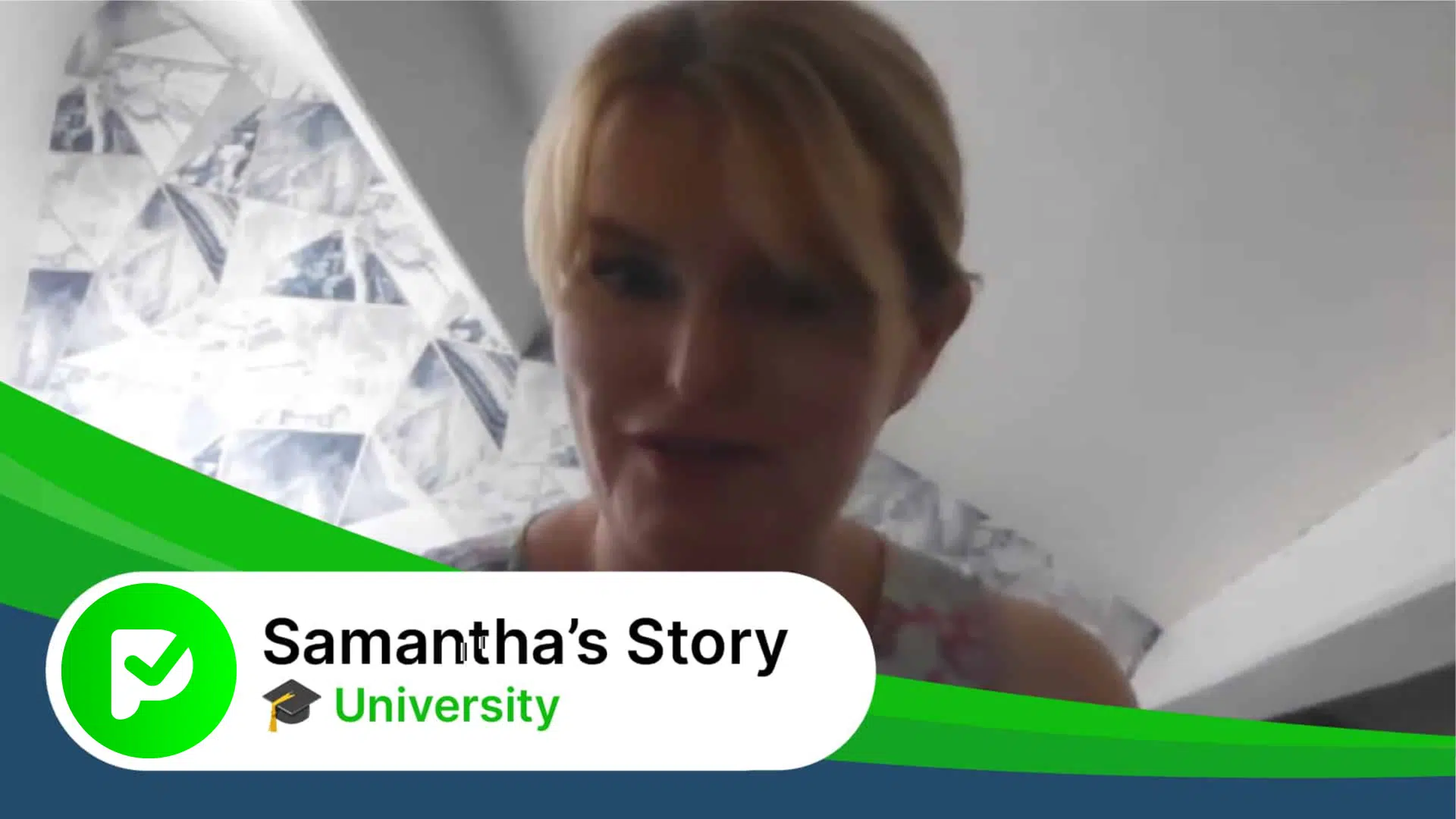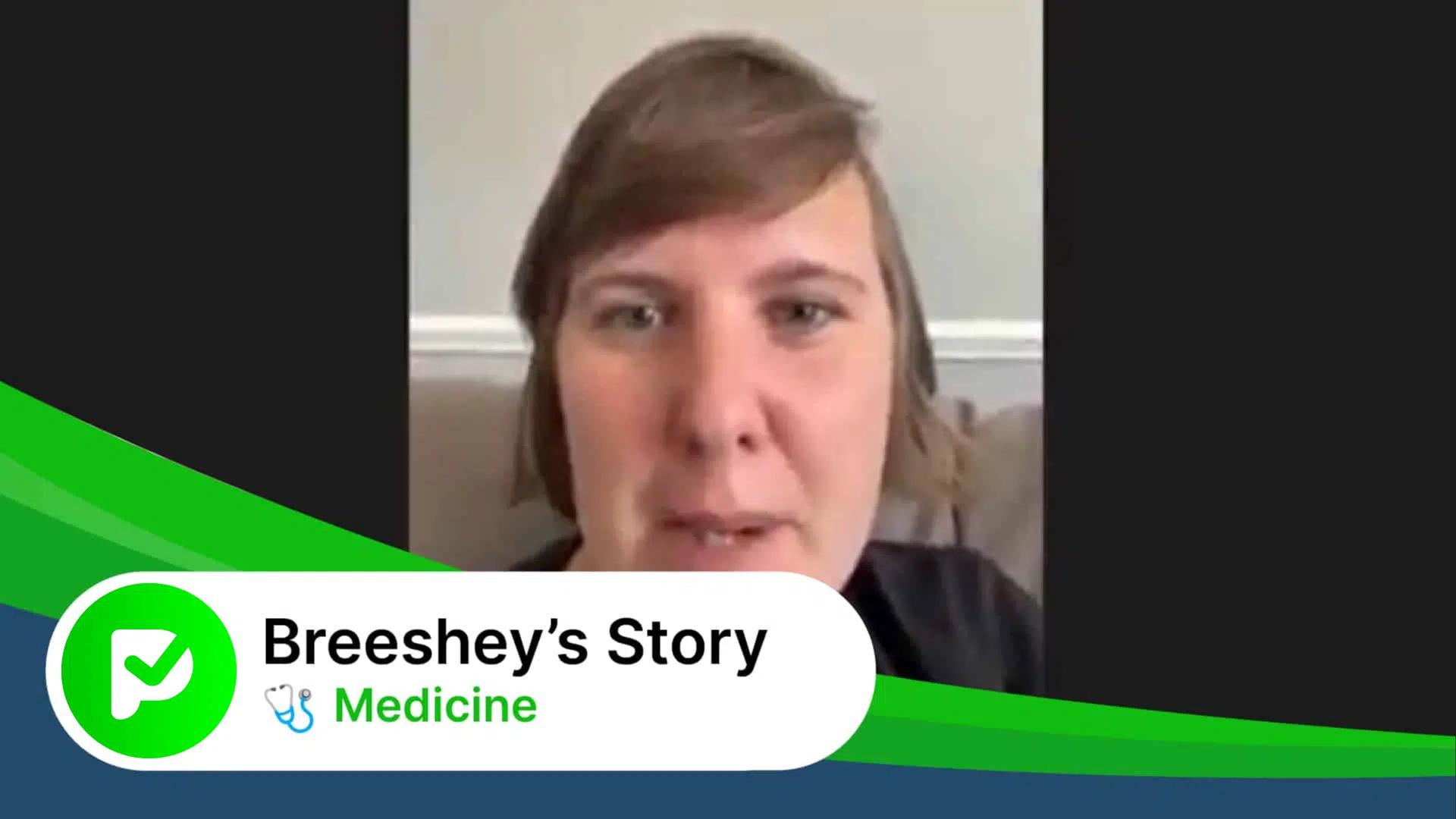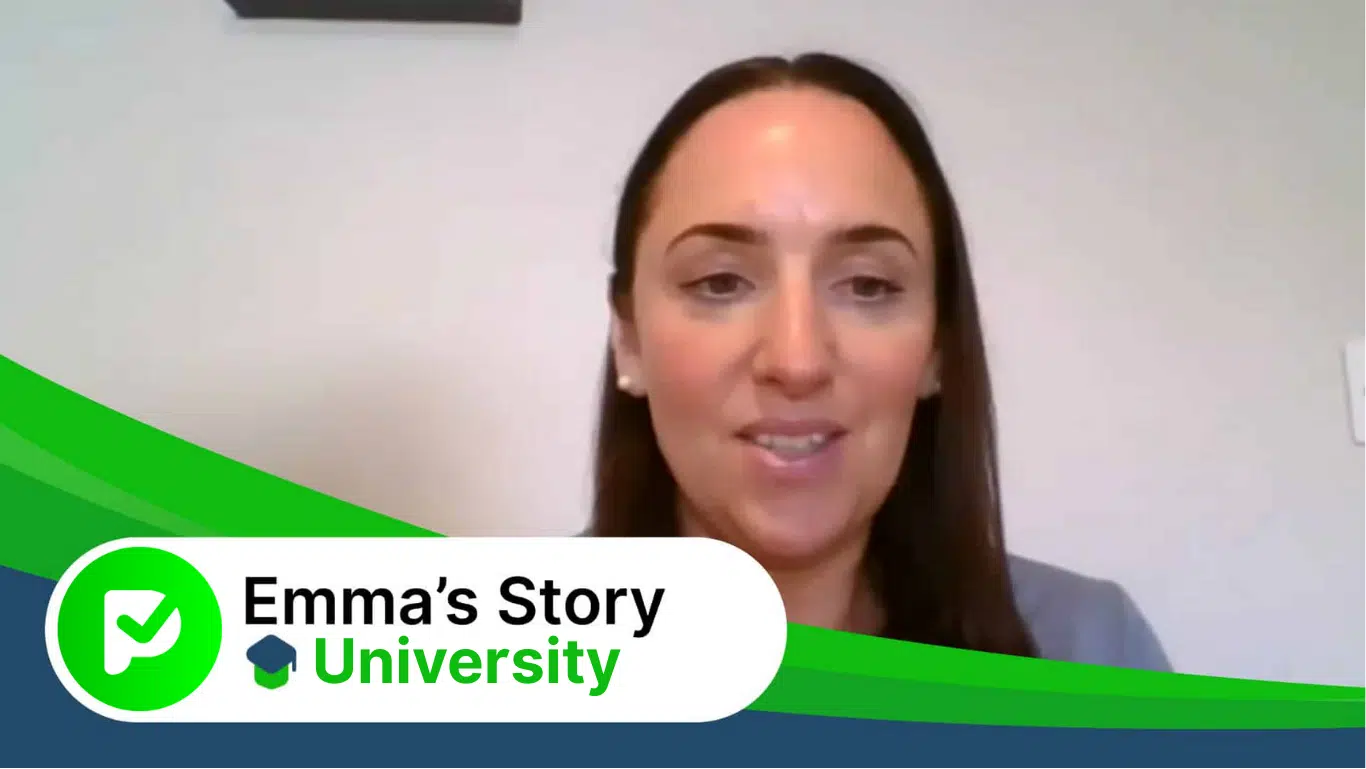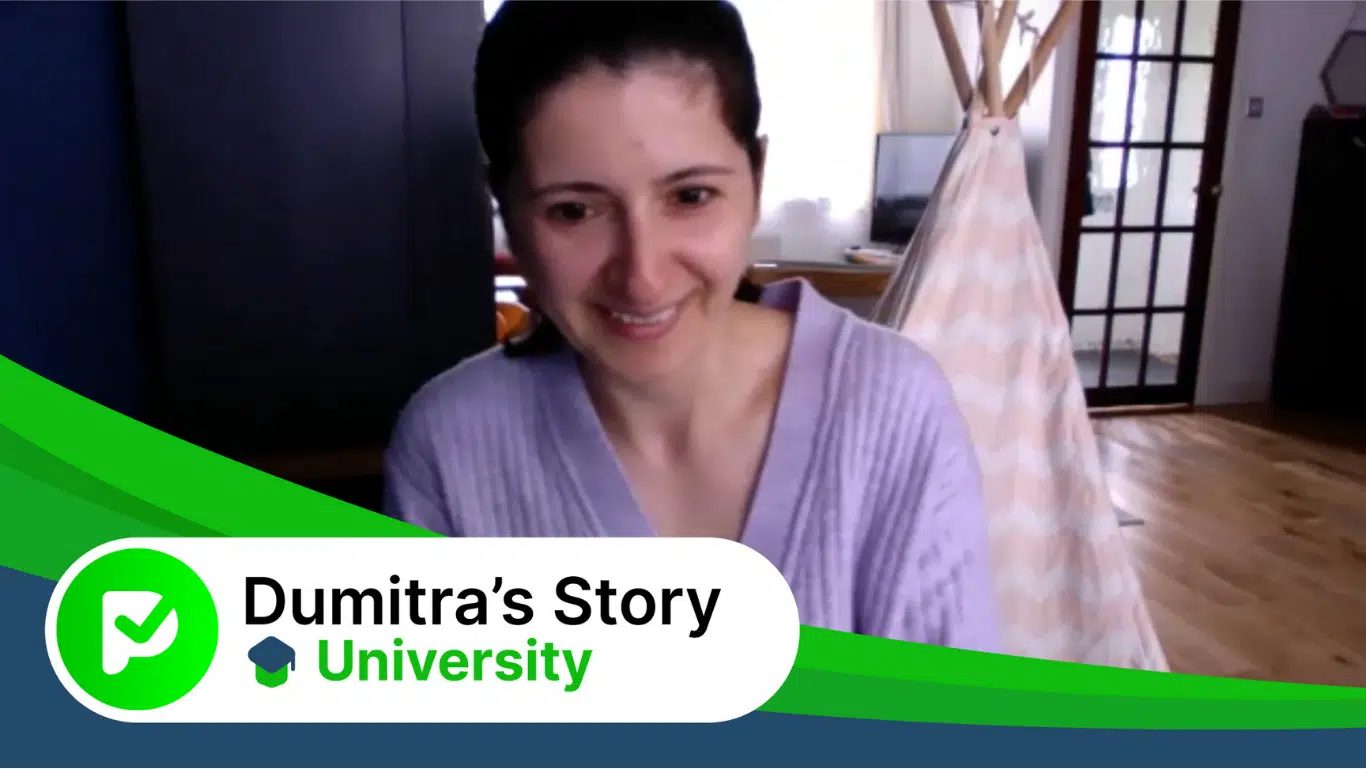What are Functional Skills?
A level 2 functional skills qualification is a widely accepted equivalent to a GCSE at grade 4 (C). Functional skills exams contain significantly less content than a traditional GCSE making them ideal for adult learners with busy schedules and for those who require their level 2 certificate quickly.
Average rating: 4.7 out of 5 from 1252 Reviews
-
100% online learning - 24/7 Access on any device
-
The UK's Best Courses - Highest First Time Pass Rates
-
Video tutorials, Subject Tests, Mocks & Progress Tracking
Introduction to Functional Skills
You may be wondering, what are Functional Skills? Functional skills qualifications are practical courses in essential subjects like English and maths, designed to help you develop the skills you need for everyday life, work, and further education. Unlike traditional GCSEs, functional skills focus on real-world applications, making them ideal for building confidence and competence in key areas.
These qualifications are widely recognised by employers, colleges, and training providers across the UK. They’re especially suited for adults returning to learning, apprentices needing to meet job requirements, or anyone looking for a more flexible and accessible route to certification.
Whether you’re aiming to boost your employability, meet entry requirements for courses or apprenticeships, or simply improve your everyday skills, Functional skills offer a convenient, faster alternative to GCSEs with the flexibility to study and take exams online.

Why 6,000+ Learners per day trust Pass Functional Skills
Higher pass rates
Most of our learners pass their exam first time thanks to the UK’s number 1 courses!
Learn at your own pace
Learning that adapts to your busy lifestyle. There when you need it.
Further your career
Unlock your dream job with the required Maths and English qualification.
How Functional Skills Differ from GCSEs
Functional Skills offer a more practical and flexible alternative to traditional GCSEs. While GCSEs cover a broad academic curriculum, Functional Skills focus on real-world skills you can use in everyday life and the workplace. This makes them especially relevant for adults, apprentices, and those seeking qualifications that directly support their career goals.
Another key difference is the speed and flexibility of functional skills qualifications. You can study at your own pace, often online, and take exams throughout the year, rather than waiting for the limited GCSE exam windows. This faster pathway means you can gain recognised certification and move forward with your education or career sooner.

Benefits of Functional Skills
Flexible and remote learning options
24/7 access to online courses and revision materials letting you study at your own pace from anywhere with internet access.
Online exams that you can book year-round
Exams can be sat from the comfort of your own home at a time that suits you. You can book your exam any time you feel ready with no examination window restrictions.
Suitable for learners of all ages and backgrounds
Our online courses are suitable for all learners regardless of age or background. Our smart-learning system tailors the course to your needs and ensures you get the most out of it.
Recognised by employers, colleges, and training providers
Gaining a functional skills level 2 in maths and English can open the door to many educational and professional opportunities – helping you achieve your goals.
Functional Skills Maths
Functional skills maths can be taken at level 1 or 2. The majority of employers and universities ask for at least a level 2 as it is a GCSE equivalent, level 1 falls just below a GCSE. The content on the exam is split up into 3 overall sections: using numbers, common measures, shapes & space and handling information & data. You can take a look at these topics in more detail on our functional skills maths level 2 revision page. The topics are assessed across the calculator and non-calculator sections of the two hour exam.
We offer a comprehensive course which covers everything you need to know for your exam. Each topic has revision materials, practise questions and topic tests tasks to help you get to grips with it. Within the course, there is also an abundance of mock exams to help you prepare as your exam date approaches.

Functional Skills English
A qualification in English functional skills can provide a stepping stone to further education or new employment opportunities. The English course is split up in a similar way to the maths one with revision, practice questions and topic tests. The exam is split into reading, writing and SLC (speaking, listening and communication), the content in the course in split up accordingly. Each exam assesses a different skill, the course is designed to help you practise these knowing which exam it is where you will be tested on a specific skill. Our English level 2 functional skills course has 30 full mock exams and features AI marking for long form answers.

Hear from Our Learners
What are Functional Skills FAQs
Functional skills qualifications, including level 2 functional skills, are practical courses in subjects like English and maths designed to develop real-world skills. A level 2 functional dkills qualification is widely accepted as equivalent to a GCSE grade 4 (C). Compared to GCSEs, functional skills focus on everyday applications and offer greater flexibility, making them ideal for adult learners or those needing a faster route to certification.
Functional skills courses are suitable for learners of all ages and backgrounds. They are especially beneficial for adults returning to education, apprentices needing to meet job requirements, or anyone seeking a flexible alternative to GCSEs. These qualifications are recognised by employers, colleges, and training providers across the UK, helping you improve employability or meet entry criteria for further education.
Functional skills exams can be completed online with exams available year-round. You can book your exam at a convenient time and take it remotely from home under supervised conditions. This flexible approach contrasts with traditional GCSE exam windows and allows you to progress at your own pace while preparing with targeted revision materials.
Functional skills courses include 24/7 online access to video tutorials, subject knowledge assessments, exam-style questions, and progress tracking. They provide extensive revision resources tailored to the official curriculum, with practice questions and AI-marked mock exams designed to build confidence and help you pass your functional skills English or maths test on your first attempt.
Need Functional Skills Qualifications?
Contact us today!






















